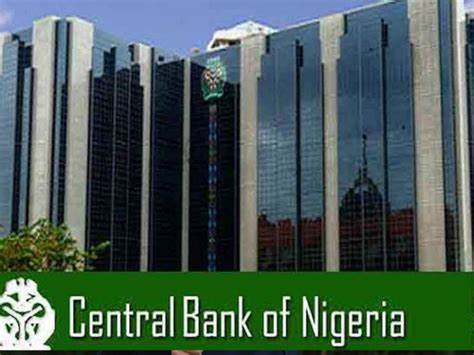BUSINESS

THE WORLD BANK PREDICTS THAT CBN POLICIES COULD REDUCE INFLATION TO 22.1%.
The World Bank has forecasted that Nigeria’s inflation rate will average 22.1% in 2025. This projected decline is attributed to the Central Bank of Nigeria’s tight monetary policies, which aim to restore price stability and manage inflation expectations.
This projection was shared in a statement on the World Bank’s website following the release of the latest Nigeria Development Update report in Abuja.
The biannual report, titled “Building Momentum for Inclusive Growth,” evaluates recent economic trends, policy responses, and identifies priorities for sustaining reforms and fostering inclusive growth.
Despite improvements in key macroeconomic indicators, such as GDP growth, revenue mobilization, and fiscal consolidation, the report highlighted that inflation remains a significant challenge.
“The report further adds that inflation has remained high and sticky but is expected to fall to an annual average of 22.1 per cent in 2025, as a sustained tight stance firmly establishes monetary policy credibility and dampens inflationary expectations,” the statement read.
The World Bank attributed the high inflation in recent years to several key factors, including the removal of petrol subsidies, exchange rate unification, rising logistics and energy costs, and ongoing food supply disruptions.
However, the bank noted that the Central Bank’s ongoing monetary tightening measures are beginning to yield positive results, with inflationary pressures expected to ease as the country moves into 2025.
The report highlighted that Nigeria’s macroeconomic performance is showing consistent improvement. The economy grew by 4.6% year-on-year in the fourth quarter of 2024, contributing to a full-year growth rate of 3.4%, marking the strongest performance since 2014, excluding the post-COVID rebound.
Fiscal performance also saw significant improvement, with the consolidated fiscal deficit shrinking from 5.4% of GDP in 2023 to 3.0% in 2024. Additionally, government revenues surged from N16.8 trillion in 2023 to an estimated N31.9 trillion in 2024, representing 11.5% of GDP.
The World Bank stated that with the improved fiscal outlook, Nigeria now has an opportunity to restructure public spending and focus on making significant investments in social infrastructure.
“Nigeria has made impressive strides to restore macroeconomic stability. With the improvement in the fiscal situation, Nigeria now has a historic opportunity to improve the quantity and quality of development spending; investing more in human capital, social protection, and infrastructure,” the acting World Bank Country Director for Nigeria, Taimur Samad, said.
He emphasized that public resource allocation should shift from previous unsustainable patterns and focus on addressing critical development gaps. The World Bank also highlighted that achieving long-term inclusive growth would require boosting productivity in sectors capable of creating large-scale employment.
It noted that while finance and ICT sectors were strong performers in the economy, they were not labour-intensive and excluded many Nigerians due to limited access and skills.
“International experience suggests that the public sector cannot sustainably generate growth and jobs by itself. Nigeria is no exception,” World Bank Lead Economist for Nigeria, Alex Sienaert, said.
“A useful strategy is to position the public sector to play a dual role as a provider of essential public services… and as an enabler for the private sector to invest, innovate, and grow the economy,” he added.
The Nigeria Development Update is a key economic publication by the World Bank that offers regular insights into trends, reforms, and risks in Nigeria, Africa's largest economy.
According to the latest data from the National Bureau of Statistics, Nigeria's headline inflation increased to 24.23 percent in March 2025, up from 23.18 percent in February.
"This represents a significant development in our ongoing coverage of current events."— Editorial Board









